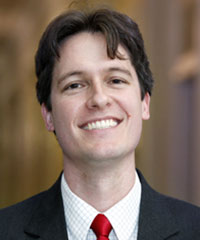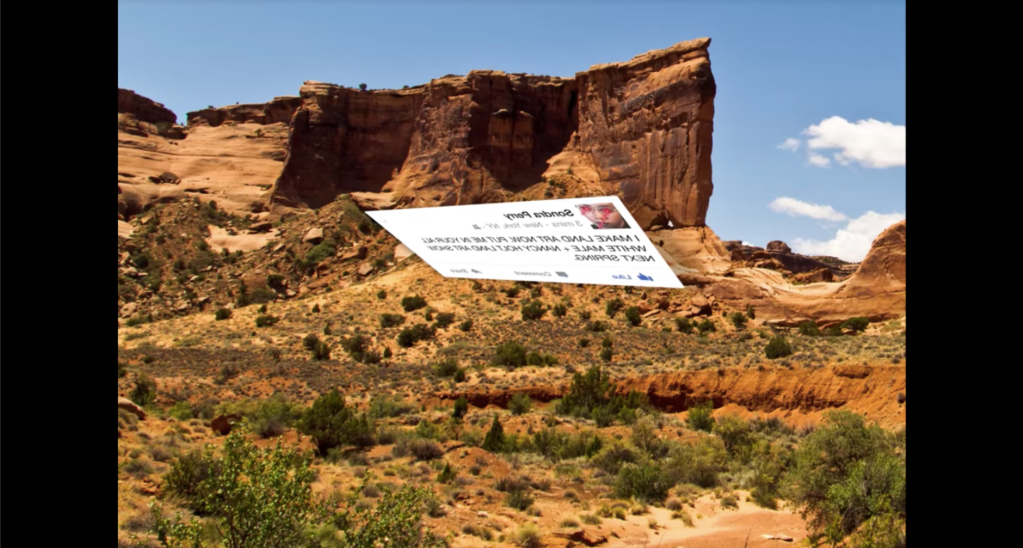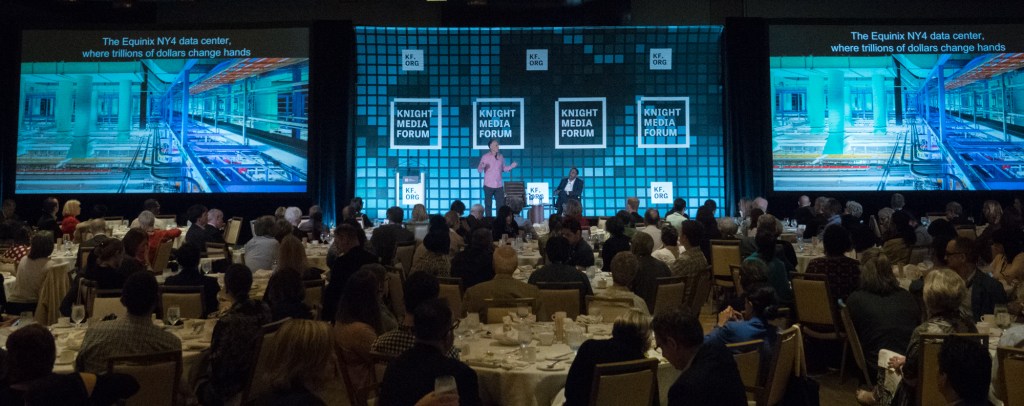
First, put data to work for government
Waldo Jaquith is the director of U.S. Open Data, which is supported by Knight Foundation. The Knight News Challenge on Data asks the question, How might we make data work for individuals and communities? Winners will share in $3 million. Apply at newschallenge.org.
Before data can work for individuals and communities, it must first work for the organizations that produce, collect and house that data. In most of the United States’ 19,000 communities, the primary holder of data is government, a group for whom open data often does not work; its immediate value doesn’t measure up to their other resource demands.

WALDO JAQUITH
Governments share precious little of their data. Their reluctance to do so shouldn’t be attributed to malice or laziness; generally, when government employees don’t publish data openly it’s for perfectly sensible reasons. Of the data that government does share, a great deal is shared unsustainably, meaning that even if that data can be put to work for individuals or communities, it’s impossible to rely on its continued publication.
When government agrees to publish data because it would be useful to individuals and communities, that satisfies an immediate demand while doing nothing to ensure that the data will continue to be published. When budget cuts come around, and that agency needs to cut its spending by 10 percent, somebody’s going to ask, “Why are we spending $5,000 per year in staff time to publish data that does our agency no good?” Individuals and communities must not come to rely on data that will disappear.
So first we must ask ourselves this: How might we make data work for the communities that comprise government?
Instead of seeking to extract data from government, and trusting that it will be available forever, efforts to put government data to work in the private sector would do well to work with government to ensure that it serves the self-interest of the agency, its employees, or both. Open data can be fuel for innovation inside and outside of government; when it can be both, that’s a recipe for sustainability and success.
At U.S. Open Data, we recently conducted a study of the value of open corporate register data to government. Using Virginia’s corporate register, we audited the business licenses of one small city, and found that about 30 percent of the locality’s businesses that were licensed with the state had no business license, and thus were not paying the city business tax. Extrapolating across the state’s localities, this adds up to about $100 million in losses for localities across Virginia. Using this data, Virginia localities are now conducting formal audits to collect that missing revenue. This makes a strong, clear business case for why the Commonwealth of Virginia should share its corporate register. As localities come to rely on that data for their day-to-day business licensure operations, it will be impossible for the state to ever cease publication of that data. And, of course, then the public has the data, too. Everybody wins.
It may be frustrating to have to figure out how to help government in addition to whatever individuals or communities you’re already looking to help: Don’t I pay taxes so I don’t have to deal with this? Open data isn’t at that point yet, and the dichotomy of government/non-government is a false one. Government is made up of individuals, and it exists to support them and the community. We need to work with government on our plans to put data to work, and that will ensure that we’re creating a sustainable system that will benefit individuals and communities both inside and outside of government.
Knight Foundation is collaborating on the Knight News Challenge on Data with Data & Society and Open Society Foundations. Apply and give feedback on other projects at newschallenge.org. Winners will be announced in January 2016.
Recent Content
-
Artsarticle ·
-
Artsarticle ·
-
Community Impactarticle ·


